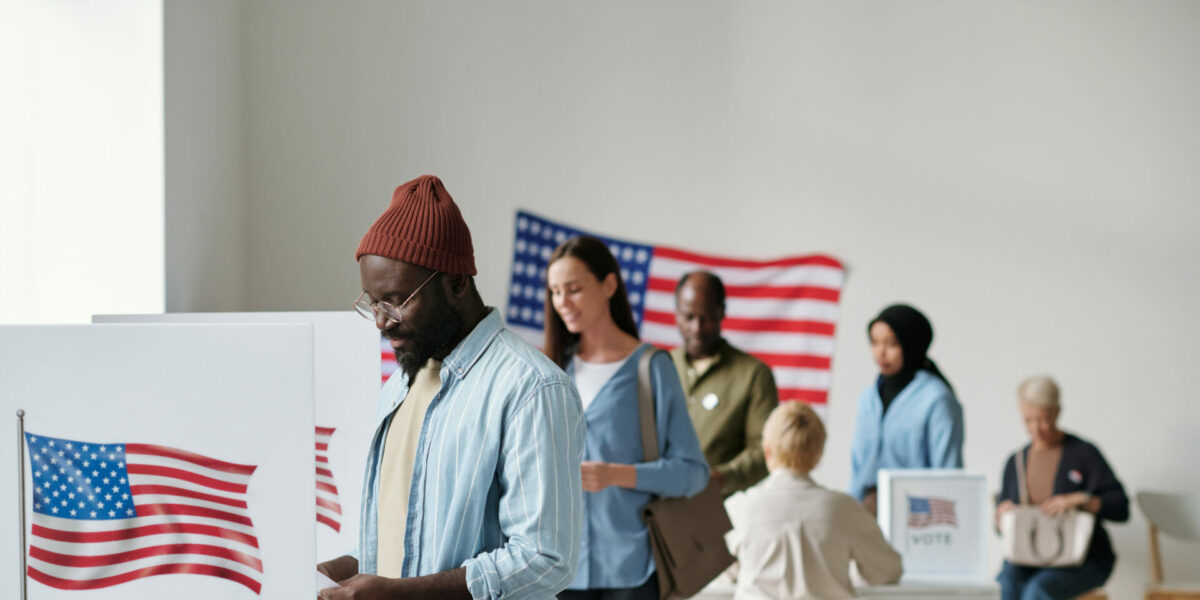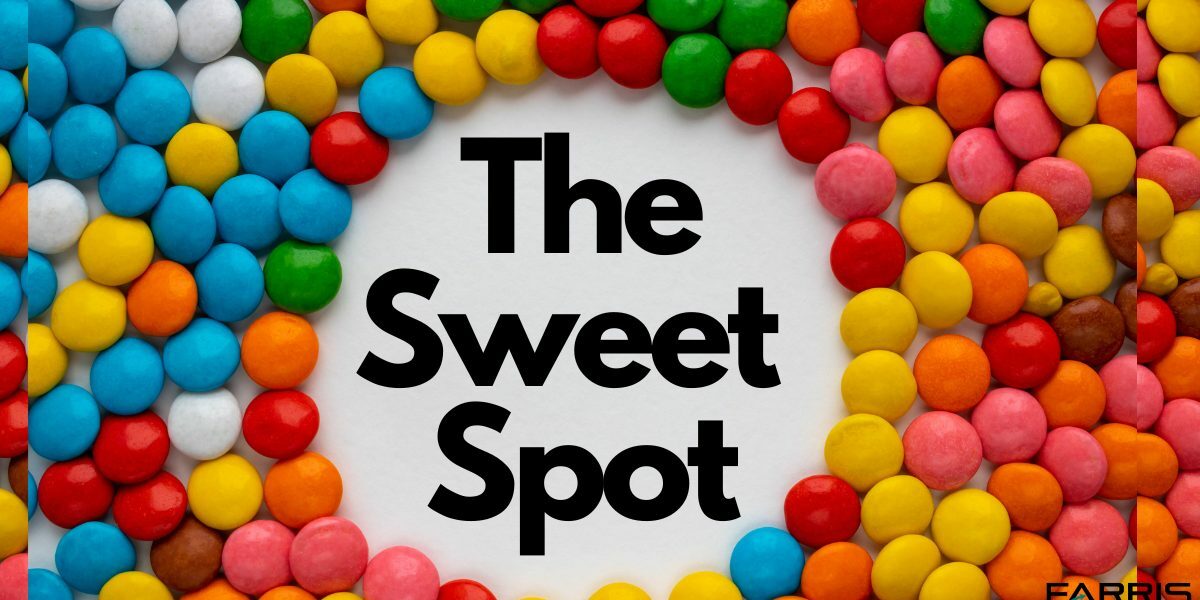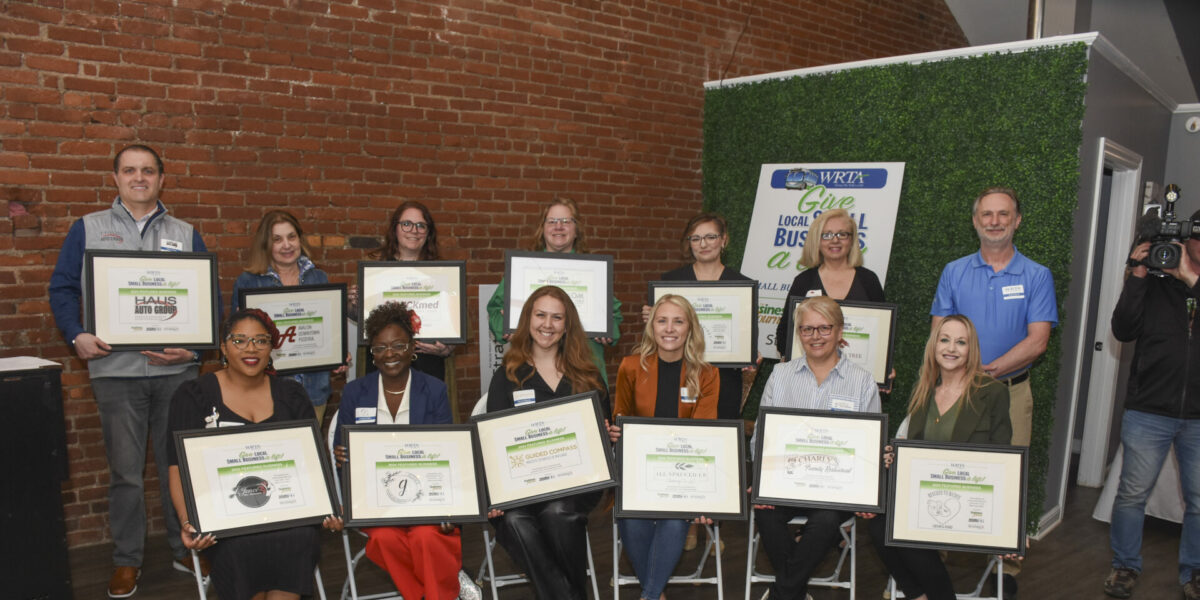The Marriott in downtown Tampa seemed to be mocking me. “Really? You’re wearing a suit and tie in August? In the land of shorts and flip-flops?”
Ignoring the implied insult, I walked toward the front door, heat waves coming up from the paved parking lot. It was so humid that the starched white shirt under my suit jacket was wetter than a washcloth after a shower.
In my nice cool room, I turned on the clock radio next to my bed. Big & Rich were singing. I turned the dial. Kenny Chesney. Turned again. Rascal Flats.
Later, I asked a bartender what made country music so popular. “It’s the stories, man. People love to hear stories. Especially true stories.”
That made sense to me. I’d always recommended that clients use true stories whenever possible in their marketing.
But I’m often surprised by how infrequently true stories are used by people marketing their organizations. Instead, they focus on features and benefits. The cold hard facts. Discounts. Sales. And I’m okay with that — as long as it’s my clients’ competitors doing it.
But for my clients, I prefer to use true stories. They’re marketing’s secret weapon. Long ago, Leo Burnett — a legend in the advertising world — said, “Our job is to find the truth and present it well.” True stories engage prospects. They draw them in like a country song.
When his wife was pregnant, Brad Paisley sang about his unborn son —
“I started wondering who he was gonna be
And I thought, ‘Heaven, help us if he’s anything like me.’
He’ll probably climb a tree too tall and ride his bike too fast
End up every summer wearing something in a cast
He’s gonna throw a ball and break some glass in a window down the street”
Why They Work
With true stories, the focus is on customer motivation, culture and core values — not product or service specifications. True stories are the secret weapon because they break through the clutter and make an impact.
What kind of true stories can you use? Customer experiences — not testimonials, customer experiences. Ones that focus on how they feel. When it’s not practical to use the real customers, you can use actor portrayals.
The Public Library is using True Stories in a new campaign. In one TV spot about the Business Center, the customer says, “I started my business three years ago and I was always struggling. I was starting to think about closing. But the Library helped me research databases and find new customers. I finally feel good about the future.”
Meridian HealthCare uses True Stories. In upcoming TV spots, the parent of an adolescent with an opiate addiction says, “When my wife and I went to visit Jeremy eight days after he entered treatment, we saw a light in his eyes again — something we hadn’t seen in a long time. For the first time, we had hope — a legitimate reason to believe that he would make it.”
The Rescue Mission uses True Stories. In a TV appeal for their capital campaign, John Muckridge, Deputy Director is seen in a very small room with bunk beds as he asks, “Where are your kids sleeping tonight? Because tonight, a family of six will sleep in this tiny room at the Mission.”
Let True Stories be your secret weapon. They are powerful. Like Brad Paisley’s song —
“Years are gonna fly by, I already dread the day
He’s gonna hug his momma, he’s gonna shake my hand
He’s gonna act like he can’t wait to leave
But as he drives out. He’ll cry his eyes out.
If he’s anything like me.”













Comment